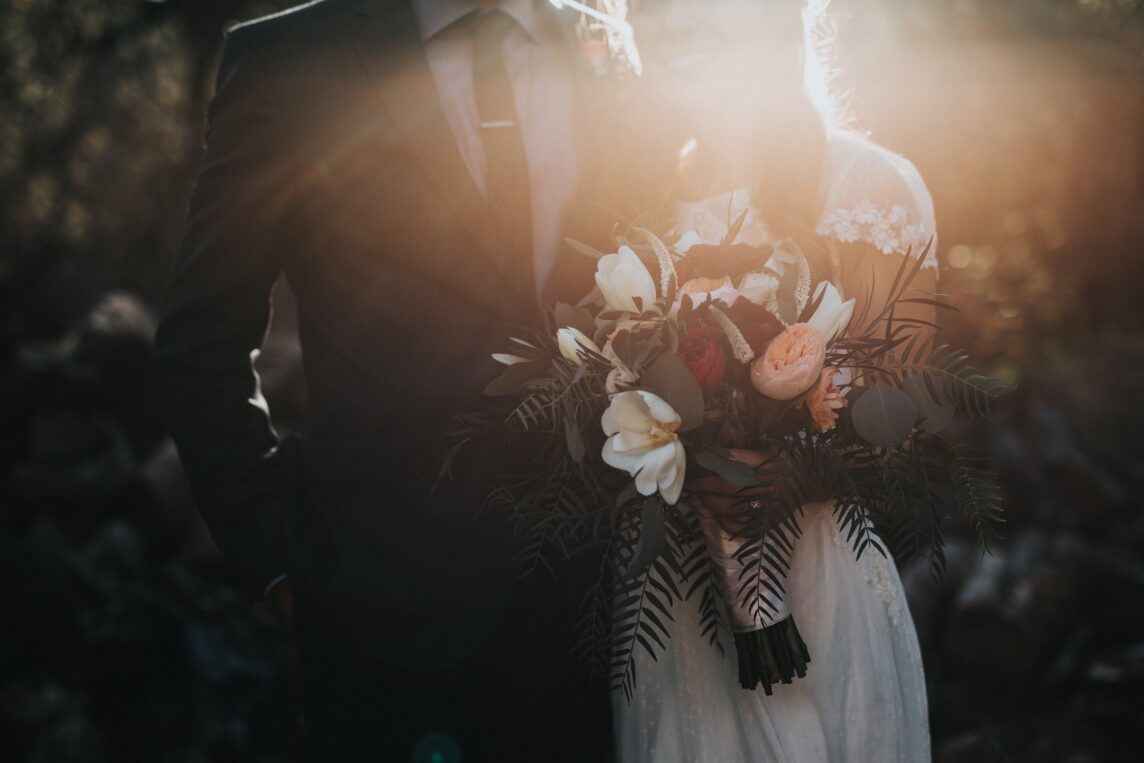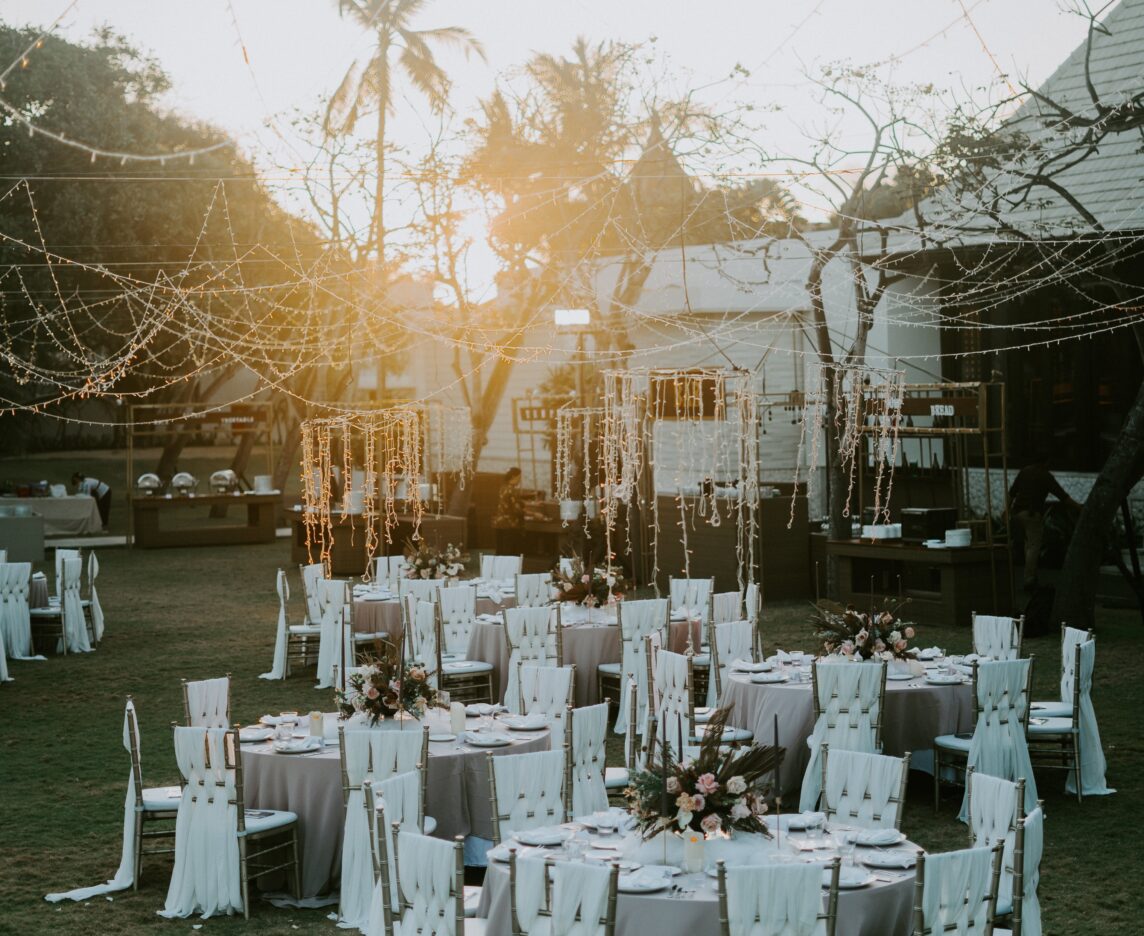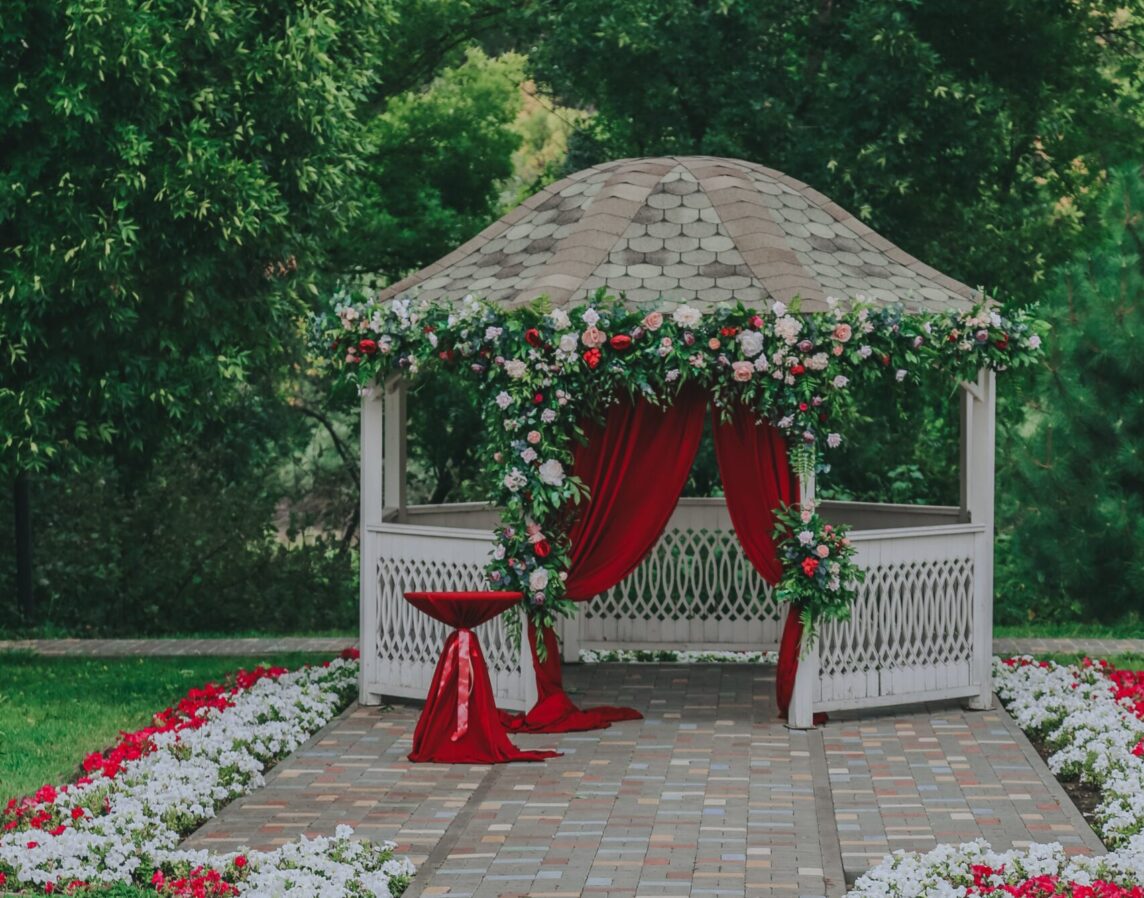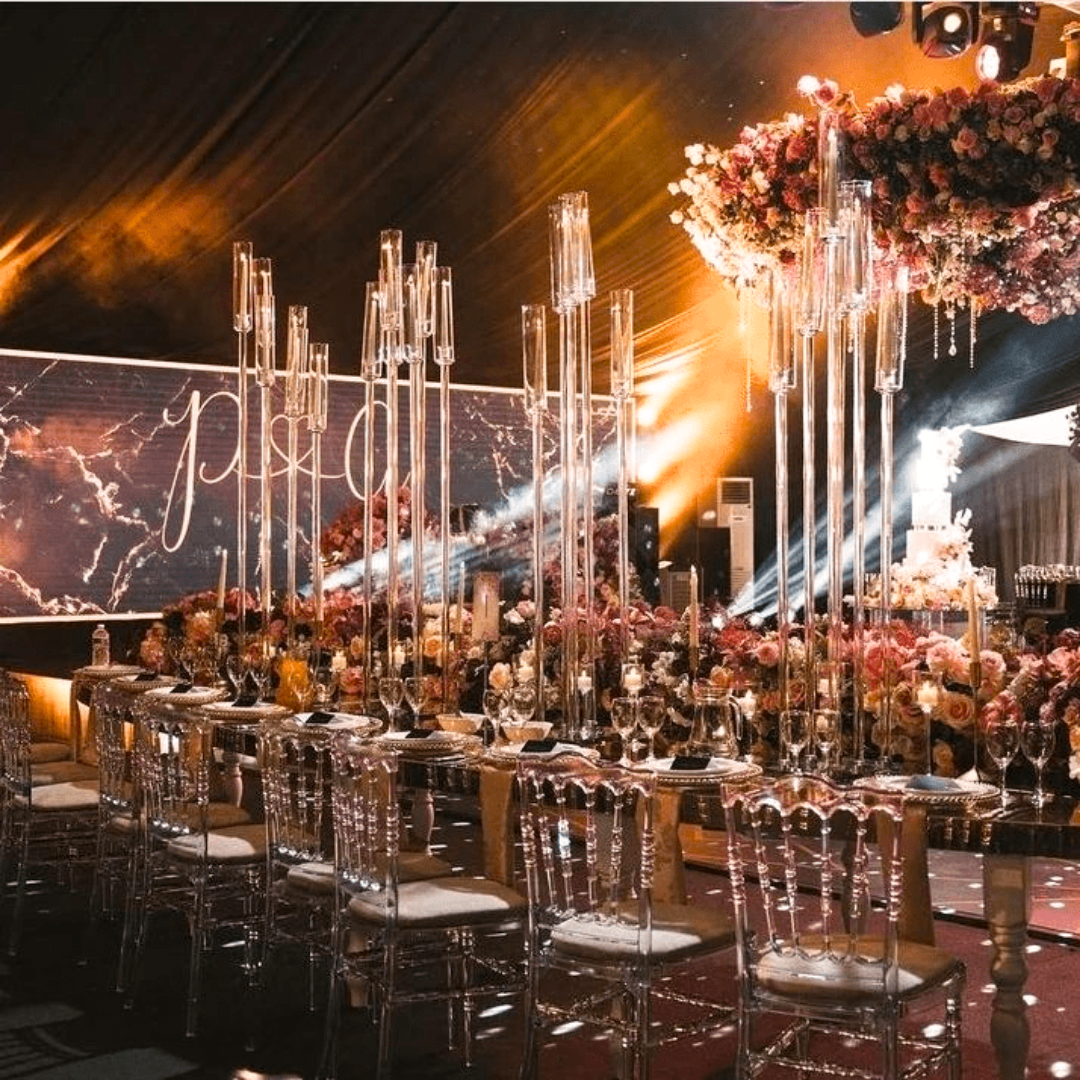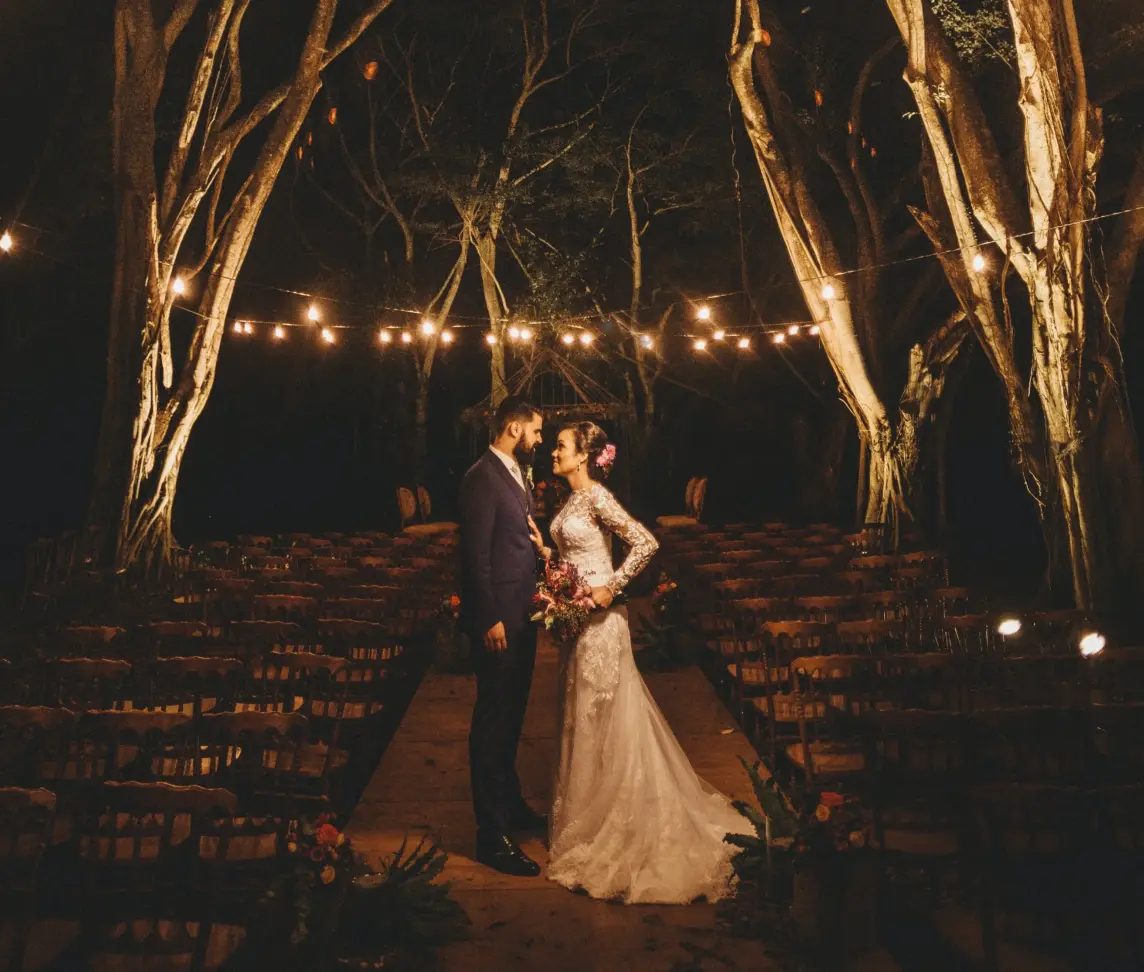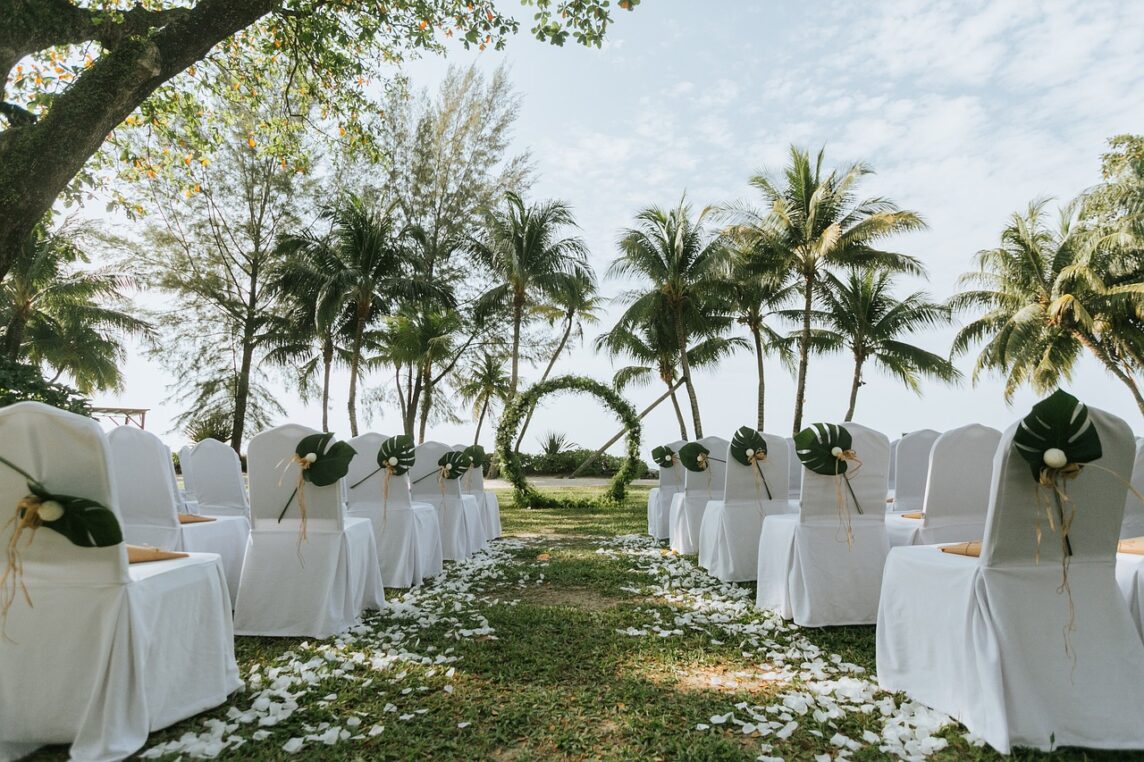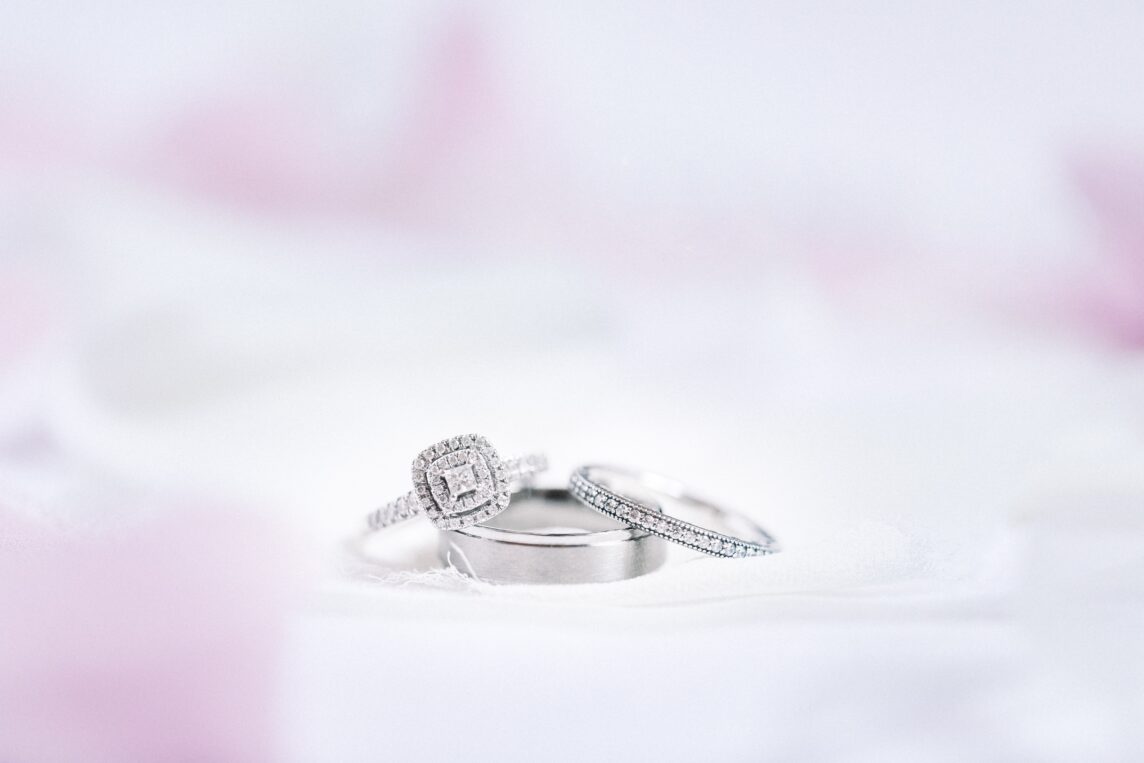Indian weddings are renowned for their grandeur, vibrancy, and cultural significance. Planning a wedding in India is a journey filled with traditions, rituals, and meticulous details that culminate into an unforgettable celebration. This step-by-step guide will navigate you through the intricacies of planning your dream Indian wedding.
Setting the Date:
Selecting the auspicious wedding date is crucial in Indian culture. Factors like astrological alignments, family traditions, and seasonal considerations play a pivotal role. Families often consult astrologers or follow religious calendars to pinpoint an ideal date that aligns with both tradition and convenience.
Budget Planning:
Establishing a comprehensive budget is fundamental. From venue selection to catering, decor, attire, and entertainment, Indian weddings encompass multiple elements. Allocating funds to each aspect ensures a well-organised and financially prudent celebration, whether it’s an intimate affair or an extravagant gala.
Choosing the Venue:
Indian weddings embrace diverse settings, from opulent banquet halls to picturesque outdoor locations. Considering the number of guests, accessibility, and thematic preferences, selecting the perfect venue sets the ambience for the entire celebration, reflecting the couple’s style and cultural preferences.
Invitations and Guest List:
Crafting elegant invitations that mirror the wedding’s theme and sending them well in advance is customary. The guest list, often extensive due to familial ties and social circles, requires meticulous attention. Balancing traditions with practicality ensures a harmonious and memorable gathering.
Rituals and Ceremonies:
Indian weddings are a tapestry of rituals and ceremonies, each holding cultural significance. From the Mehendi and Sangeet ceremonies to the sacred vows taken during the wedding rituals, these events symbolise love, unity, and blessings from family and friends.
Bridal and Groom Attire:
The bride’s and groom’s attire reflects tradition and personal style. From exquisite bridal lehengas to resplendent sherwanis, the outfits are carefully chosen, often complementing each other and the overall theme of the wedding.
Catering and Cuisine:
Indian weddings are synonymous with sumptuous feasts. Planning a diverse menu that caters to various tastes and dietary preferences is essential. From regional delicacies to international cuisines, a well-curated menu adds to the celebration’s charm.
Decor and Themes:
Transforming venues into magical spaces involves thematic decor that evokes emotions and showcases cultural richness. From floral arrangements to lighting and thematic elements, the decor sets the stage for a mesmerising experience.
Entertainment and Performances:
Live music, dance performances, and entertainment acts amplify the celebratory atmosphere. Traditional dance forms like Bharatanatyam, Bhangra, or Bollywood-inspired performances add cultural fervor, engaging guests in the festivities.
Photography and Videography:
Capturing timeless moments is integral to cherish memories for a lifetime. Skilled photographers and videographers weave a narrative through their lenses, preserving the essence and emotions of the wedding day.
Logistics and Coordination:
Executing a flawless wedding requires meticulous planning and coordination. Managing logistics, timelines, and ensuring seamless coordination among various vendors and participants is crucial for a stress-free celebration.
Post-Wedding Formalities:
After the festivities, there are post-wedding rituals and formalities. These may include receptions, thanksgiving ceremonies, or other customs that conclude the wedding celebrations on a joyous note.
In conclusion, an Indian wedding is a kaleidoscope of traditions, emotions, and celebrations. Every detail contributes to crafting an unforgettable experience for the couple and their loved ones. By following this step-by-step guide, one can navigate the intricate yet enriching journey of planning and experiencing their dream Indian wedding.
